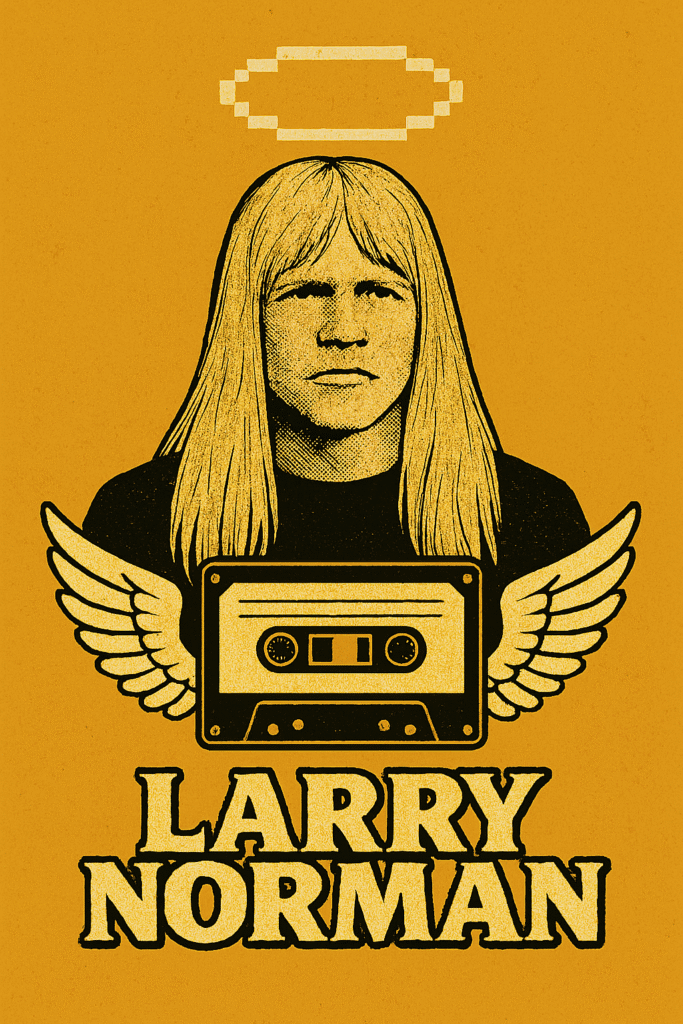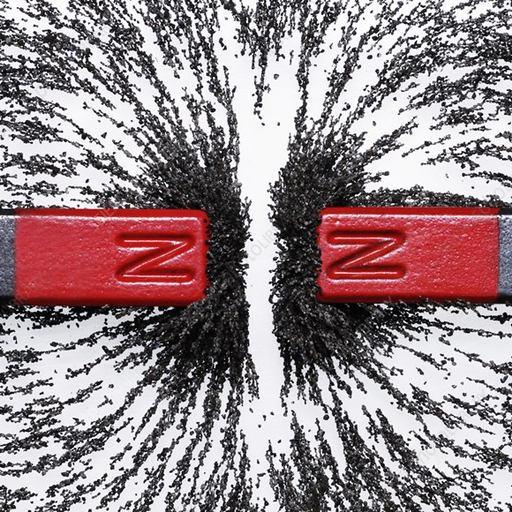Nothing Really Changes
Time travel isn’t just for DeLoreans and quantum physicists — it’s for poets with a bone to pick and a playlist full of Larry Norman. This post riffs through eras like a vinyl skipping across decades, juxtaposing absurd modernity with philosophical pop culture. Expect parody, rhythm, and a few timeless follies dressed in bell-bottoms and existential dread.

nothing really changes – larry norman 1968
if we could live in shakespeare’s day
i wonder who we’d be
if people then could live today
i wonder who we’d see
they’d probably stop a corner cop
and ask “what the whole world’s coming to?”
if people then could live today
i wonder what they’d do
yes i wonder what they’d do
would romeo and juliet
watch nelson eddy kiss jeanette?
would bacchus read police gazette?
and window peep at silhouettes?
would ceasar pay to see the mets?
would icarus join the jet set?
would satan smoke menthol cigarettes?
would samson razor with gillettes?
nothing really changes
everything remains the same
we are what we are, till the day that we die
would henry viii use etiquette
in a busy new york luncheonette?
would cleopatra die when when bit?
or save herself with a tourniquet?
would beethoven join a jazz quartet?
would ben hur drive a blue corvette?
would aristotle be an acid head?
would cain kill abel with a bayonet
nothing really changes
everything remains the same
we are what we are, till the day that we die
Harry is a recovering satirist, part-time philosopher, and full-time tinkerer of tags. He once wrote a poem about recursion that never ended, and a JavaScript confession that crashed three browsers. His archive spans two decades of metaphysical mischief, theological punchlines, and nostalgic detours. He believes in the transformative power of satire, the elegance of well-placed meta tags, and the occasional necessity of poetic nonsense.




This piece is a brilliant satirical time-warp — playful, provocative, and rhythmically tight. It riffs on historical figures dropped into modern absurdities, echoing Larry Norman’s lyricism. The repetition of “nothing really changes” becomes both a lament and a wink, suggesting that human nature, folly, and curiosity persist across eras.